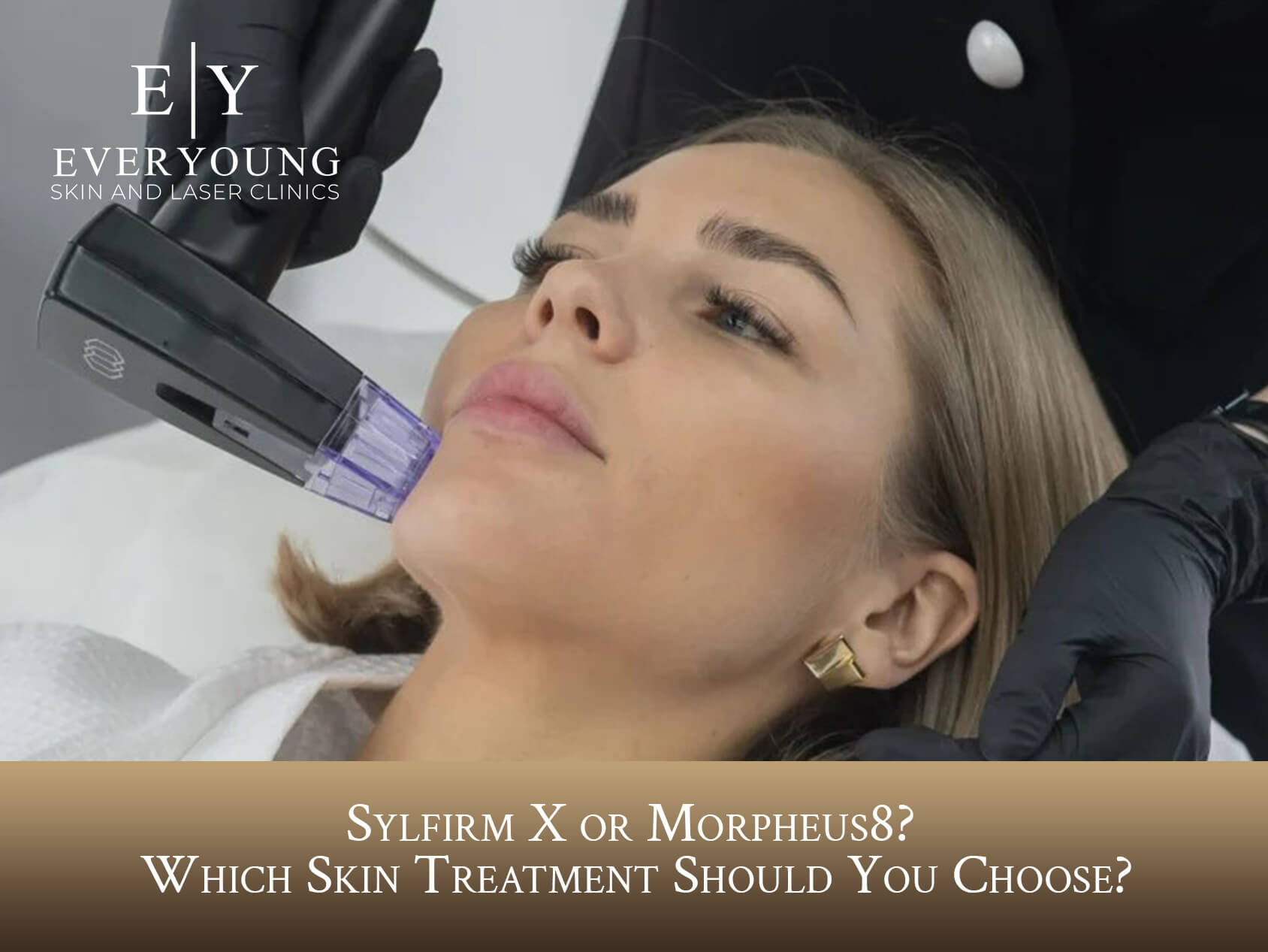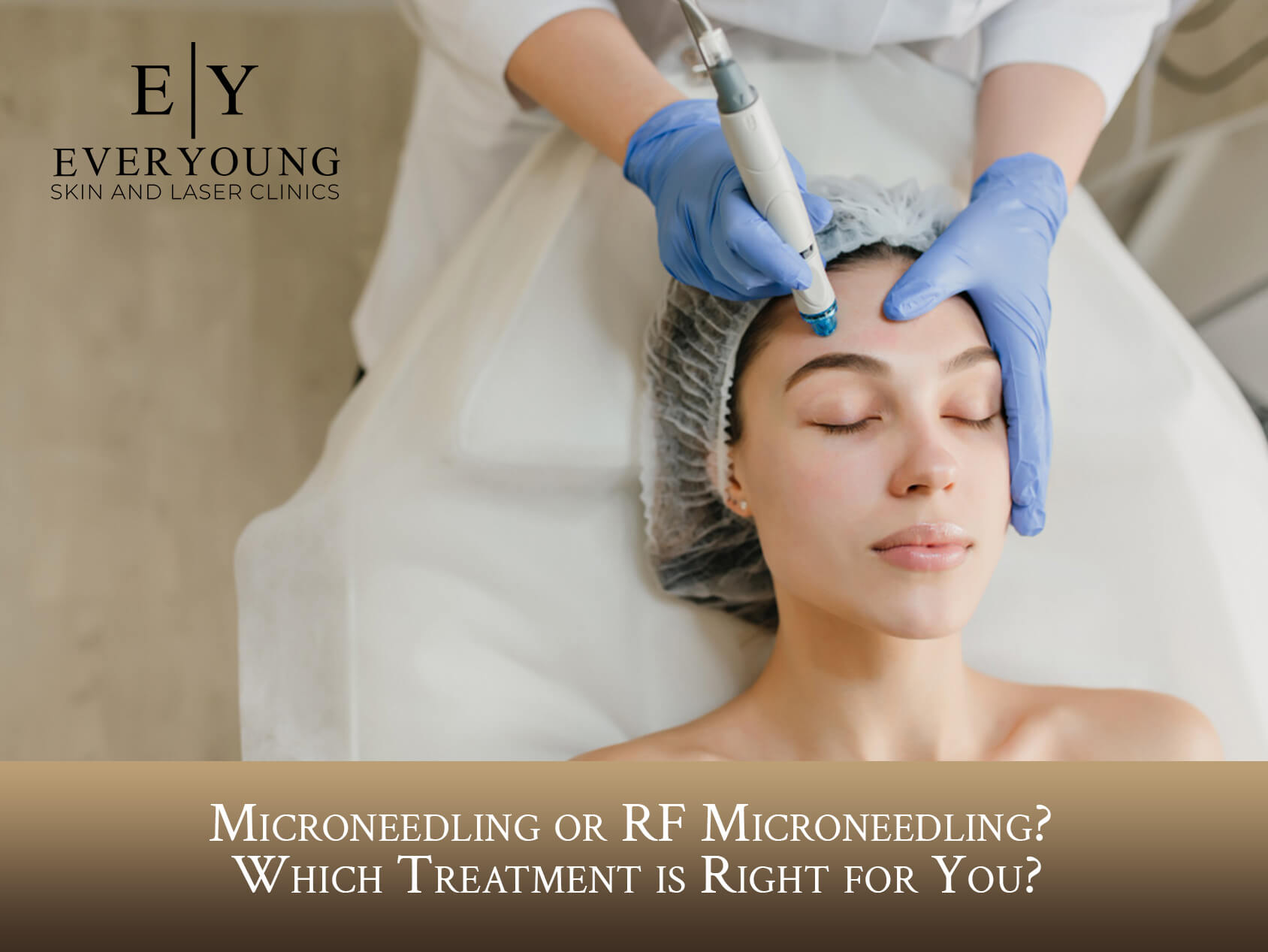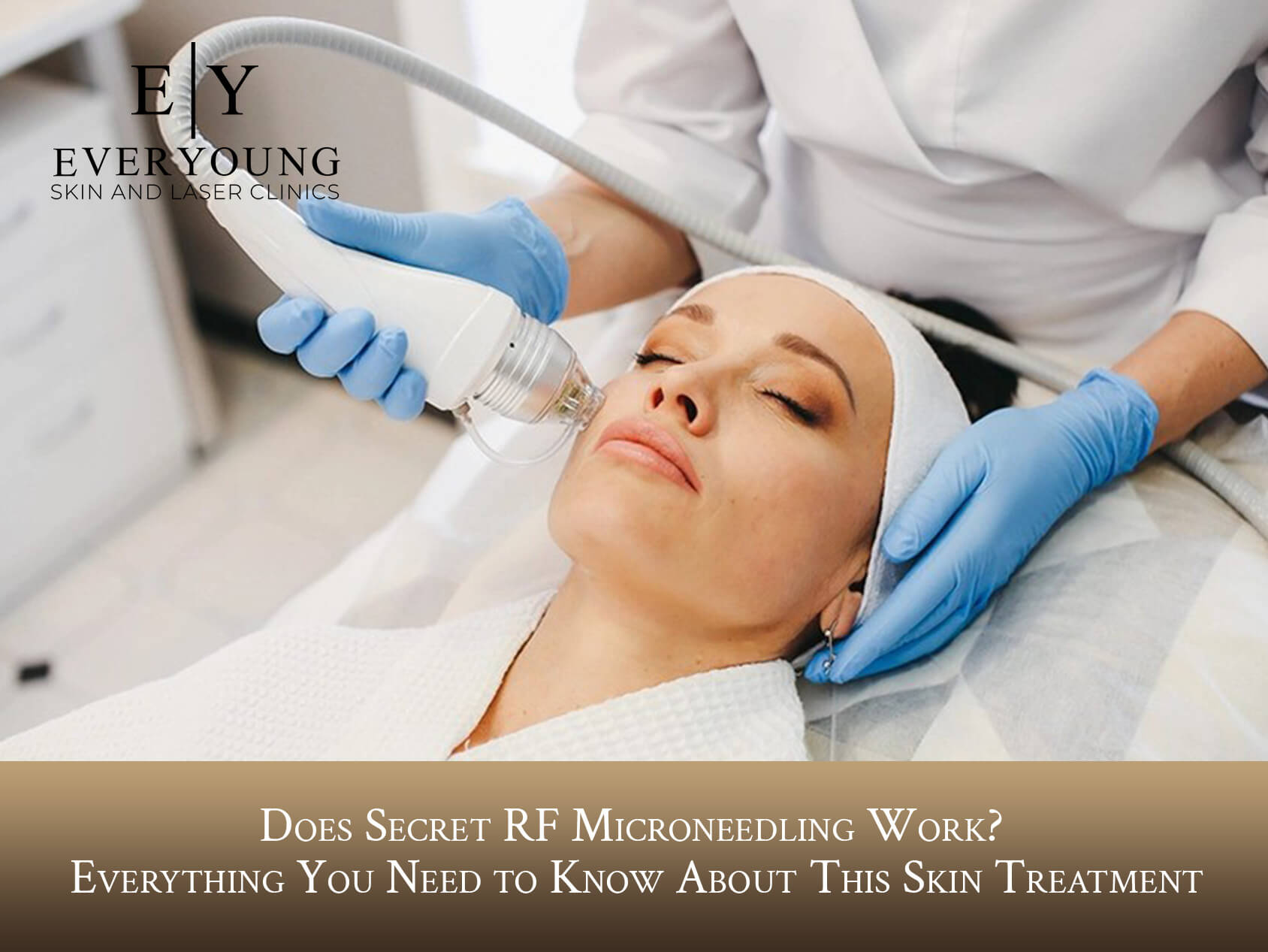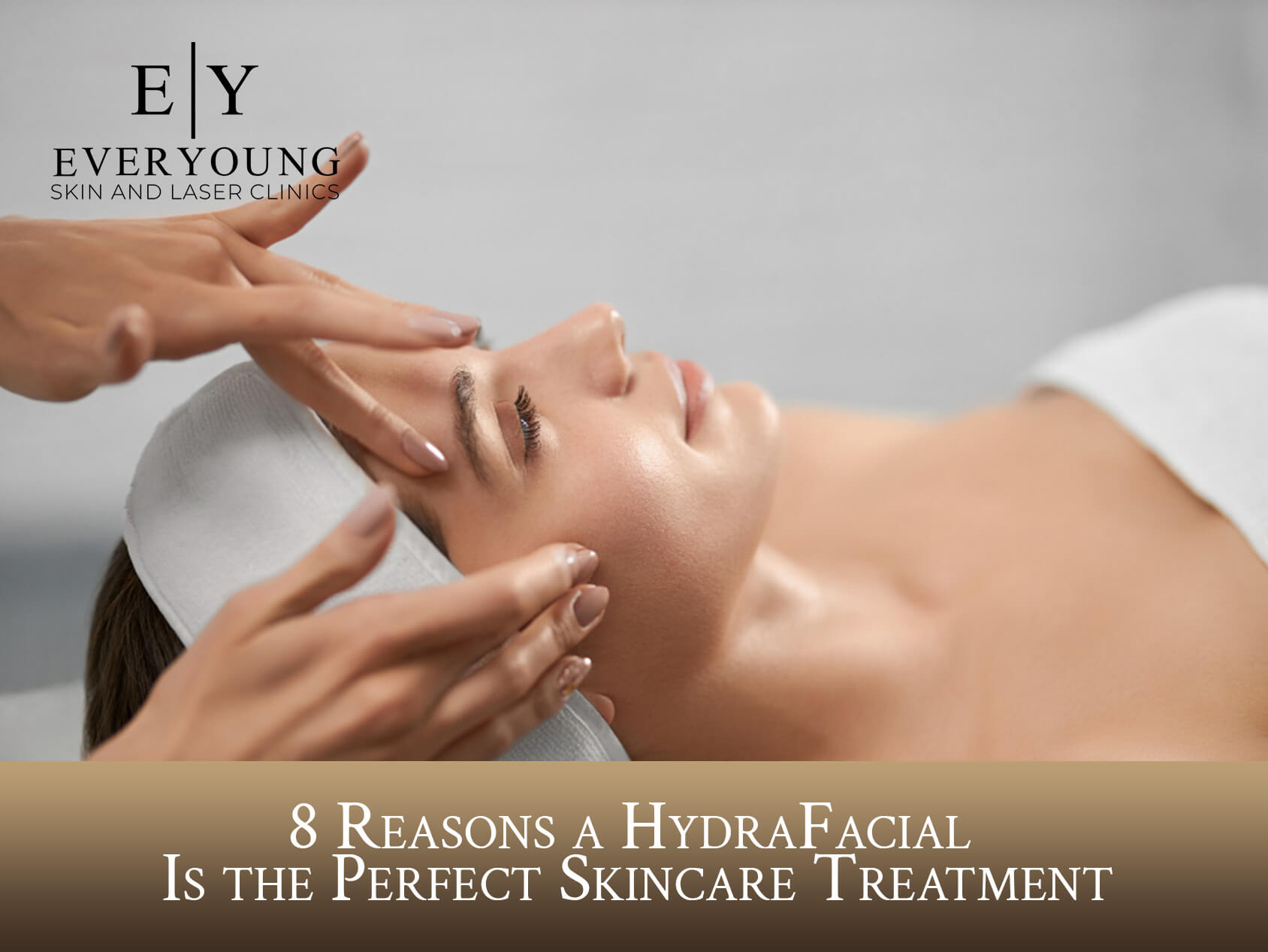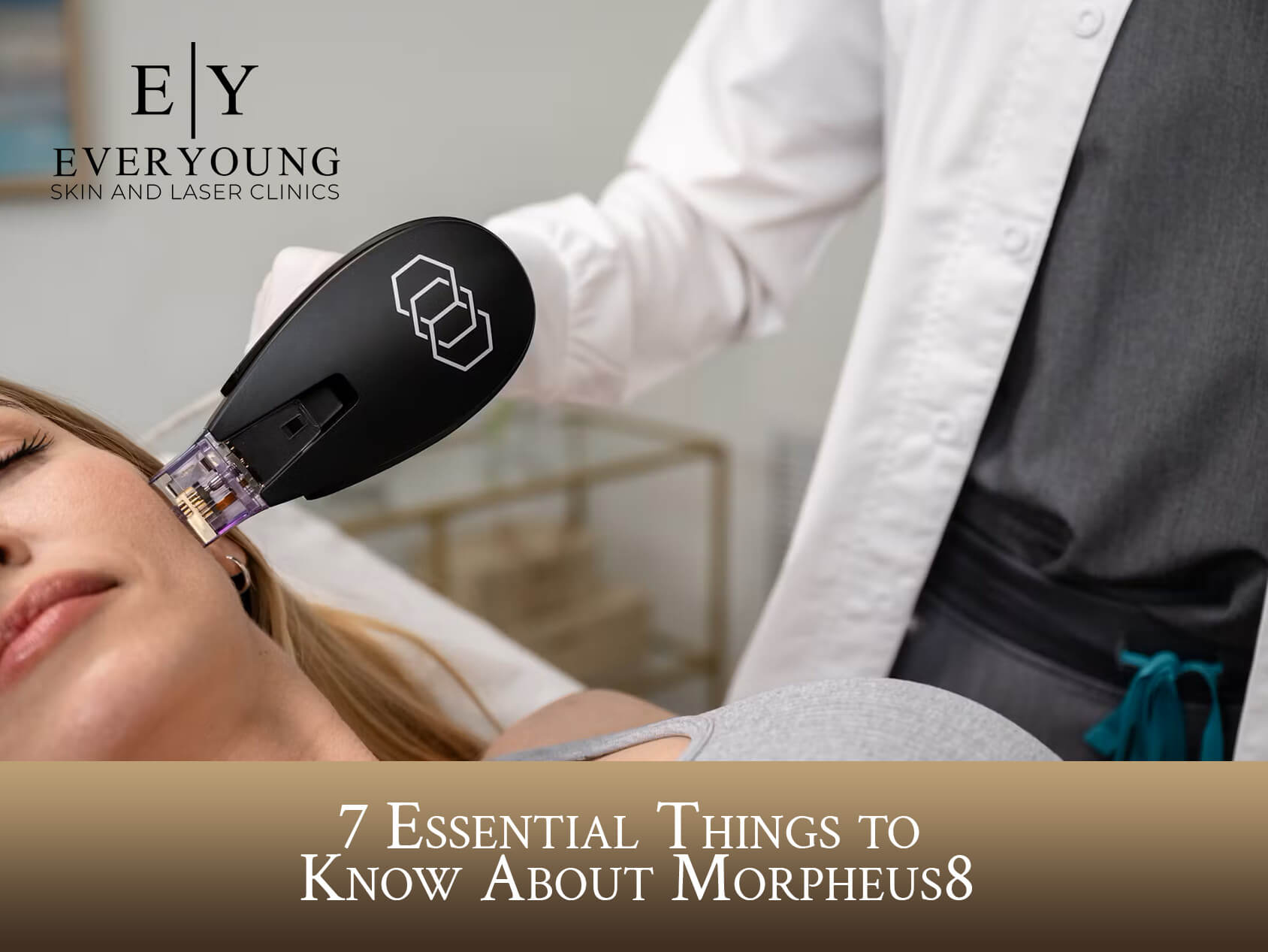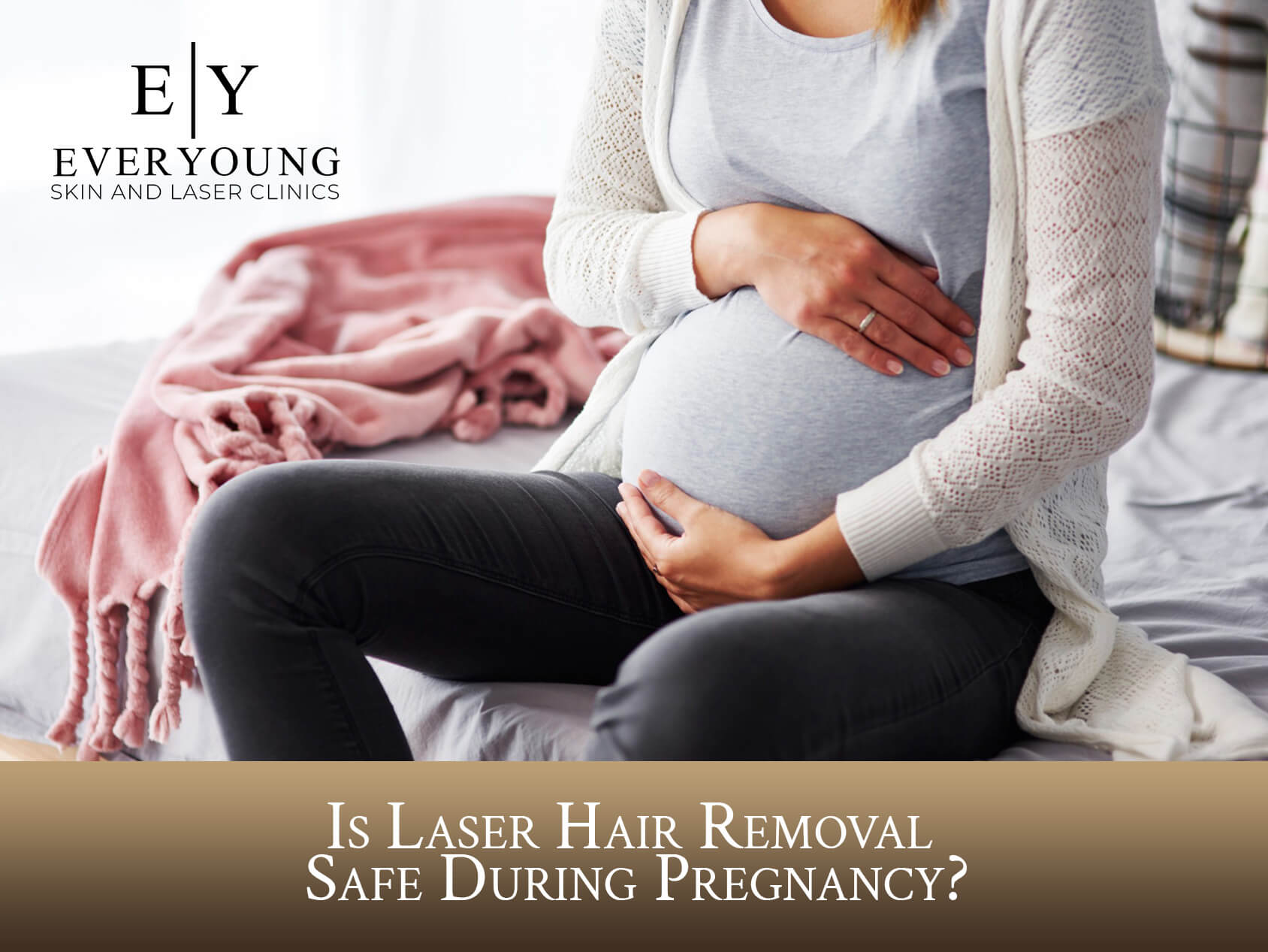Summer is in full swing, and this means getting outside, soaking up the sun on a beach, patio, or vacationing to a tropical destination. Although the sun is a fantastic source for the skin to produce vitamin D, boost serotonin, and give you a healthy glow, too much sun exposure can have a devastating impact on your skin. Depending on your skin complexion, there is a guideline that determines what a healthy amount of time in the sun entails. It all comes down to the ultraviolet radiation index and whether you have fair skin or a darker skin tone. In very high indexes, those who are fair should not exceed 4-6 minutes and for others, 20-30 minutes.
Sun damage encompasses many types of damage, including dryness, depletion of elasticity, and aging, which all result from damage done to your skin’s moisture barrier.
Types of sun damage
Dry Skin
Dry skin and alterations in pigmentation happen when the sun’s rays damage and kill your skin cells. Thickened and dehydrated, these rough and flaky parts of your skin require recovery through moisture and recovery of your skin’s essential oils.
Sunburn
Sunburn is the most common type of sun damage, a skin injury that occurs immediately after spending too much time in the sun. The skin often becomes red and painful, and may even produce little fluid-filled bumps in severe cases. As immediate as sunburn is visible and affects the skin, frequent sun exposure that results in it leads to an increased risk of other permanent skin issues such as premature wrinkles, dark and rough spots, and skin cancers.
Changes in collagen structure (such as photoaging and actinic purpura)
In severe cases, sun-damaged skin may experience changes in collagen structure. Collagen is a protein in your body that plays a significant role in strengthening skin, hydrating it, and helping it maintain elasticity. When the skin goes through too much exposure to UV radiation, there is decreased collagen production and faster breakdown of collagen that ages your skin more quickly. In photoaging, for example, the individual develops fine lines and wrinkles because of changes in the dermis — the thickest layer of the skin, while with actinic purpura, UV radiation damages the structural collagen that supports the walls of the skin’s blood vessels, making the blood vessels more fragile.
Actinic Keratosis (scaly patches)
Actinic keratosis concerns the scaly patches of sun-damaged skin that have a brown, yellow, or pink tint. Without chemical treatment, the patches remain and stay on the skin. They develop because of long-term UV light exposure and are warning signs of an increased risk of skin cancers.
How to Prevent Sun Damage
Although there are measures to take to help alleviate the effects of sun damage, many components of sun damage are irreversible and make you more susceptible to faster aging and risk of melanoma and skin cancers. It is important to protect your skin from UV radiation and sun by wearing sunscreen with at least an SPF of 30 every day. It is also important to choose a waterproof formula and reapply when needed, especially when swimming, spending a prolonged time at the beach…etc. Limit sun time, especially between 10 am and 4 pm where the sun’s rays are strongest. Practice healthy habits like hydrating with water, wearing clothes with sun-protective materials, and wearing sunglasses and a hat that shades your eyes and face.
Top Treatments for Sun Damage
Fortunately, there are many reputable treatments for sun damage that can rehydrate, improve skin elasticity, and help smoothen out skin pigmentation, to name a few benefits.
Treatments include:
Laser resurfacing (profractional wrinkle, sun damage, and scar treatment)
Photorejuvenation
Microdermabrasion/microneedling
BroadBand Light technology
Hydrafacial (fades brown spots/evens skin tone/softens fine lines & wrinkles)
Fractional Wrinkle, Scar, Pigment treatment
If you are curious as to how any of these treatments can benefit you and your sun-damaged skin, book a consultation at EverYoungMed in Downtown Vancouver, Burnaby, or Coquitlam. EverYoung’s Medspa Clinics offer all of the treatments discussed where professionals can evaluate your skin and help you determine the most appropriate and effective treatment for you.




